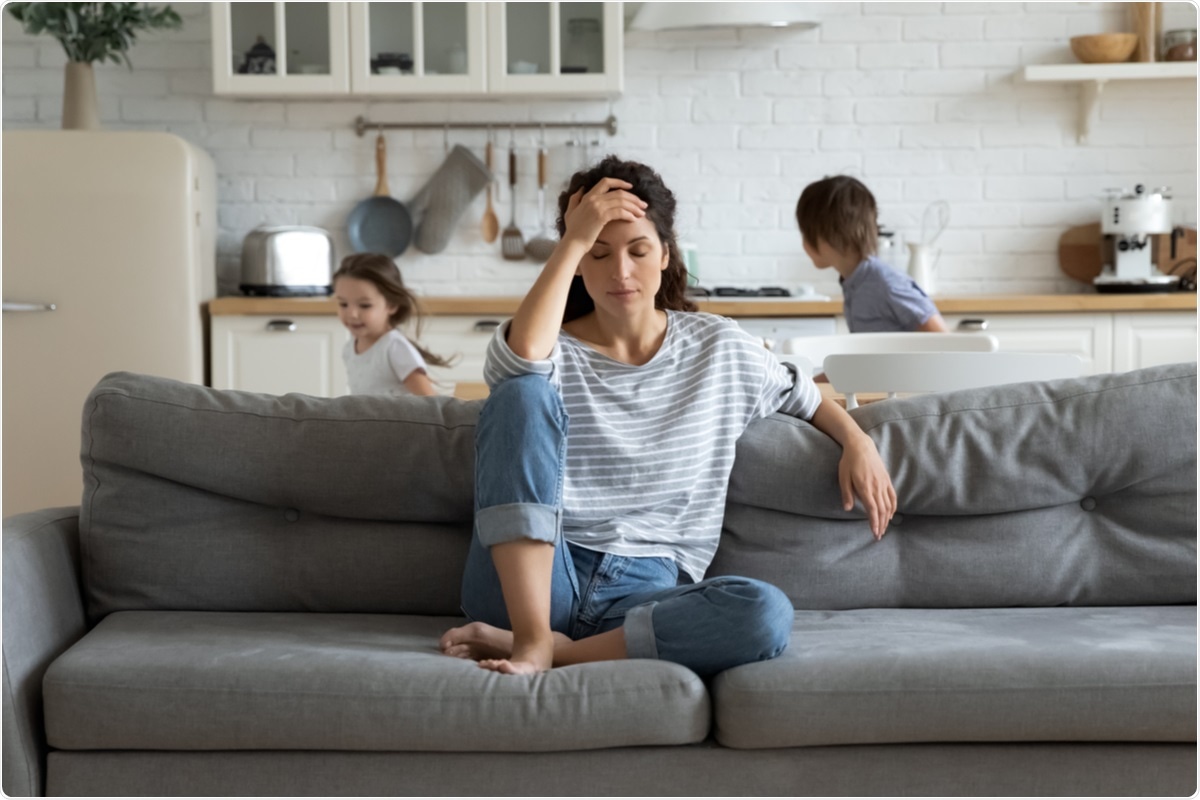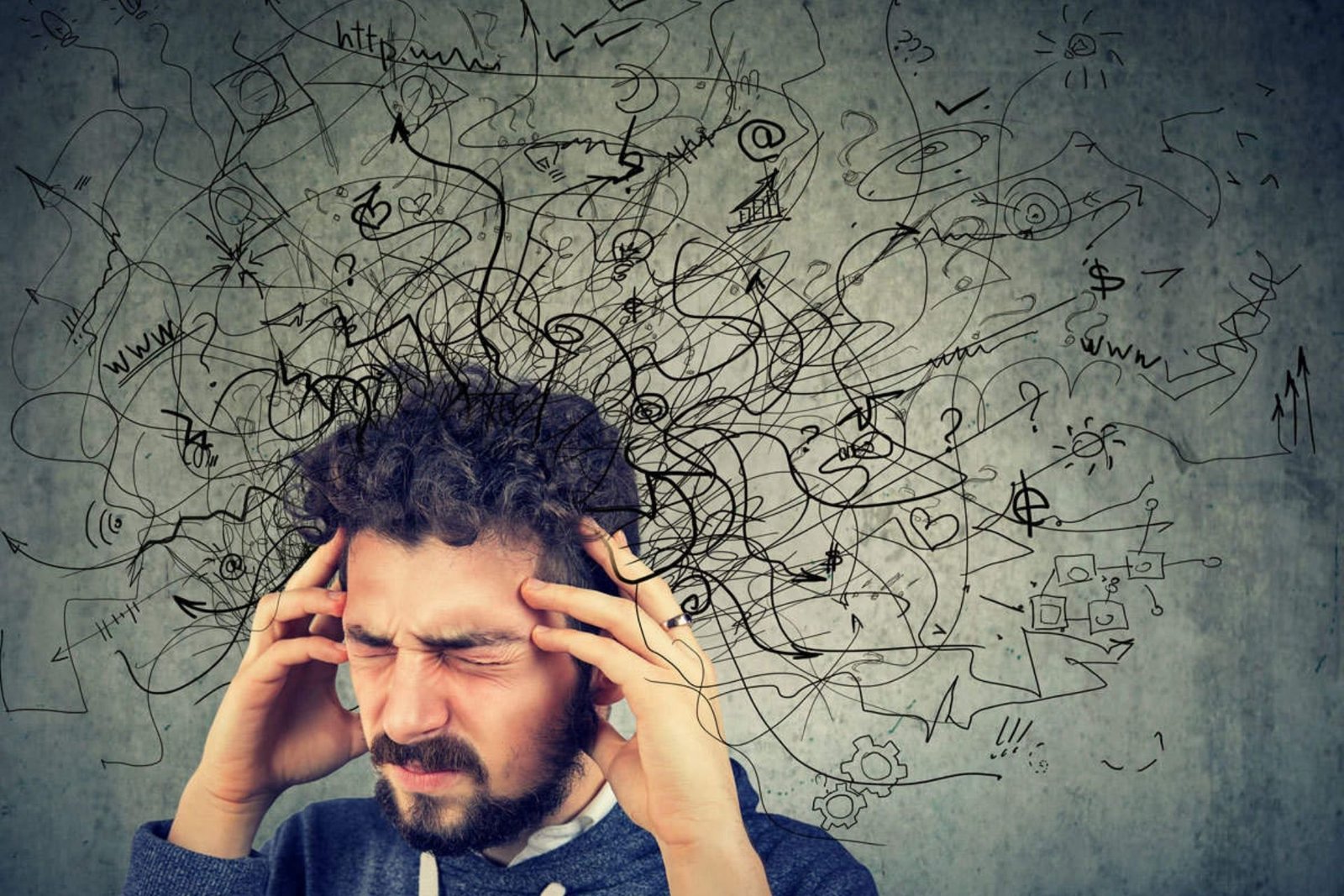Jose Montanez, like millions of others in the service industry, lost his source of income when the COVID-19 pandemic shut down New York City in March 2020. He made his money by closely interacting with people as a hair stylist who also ran karaoke drag shows. Even his third business, wedding planning, had to shut down. Then his husband, David Tingle, was let go from his long-time job as a retail architect.
Both of them could have been under a lot of stress as a result of these events. However, the couple shared something else that made a difference: adaptability to challenges and a positive attitude toward change.
“You have two options: give up or go on and see what the next chapter is,” said Tingle, who quickly decided to pursue a degree in mortuary science, much of which he could do online while he hid.
It’s been a rollercoaster ride since the pandemic upended millions of people’s lives around the world. While vaccines have allowed economies to gradually reopen, new variants, combined with vaccine hesitancy, have resulted in a series of new COVID outbreaks. Daily life remains stressful for many people, especially those who have children at home or at school, especially if they have also had to deal with financial strain or family members who have died as a result of the virus, which has claimed nearly 800,000 lives in the United States to date, according to federal data.
Chronic stress can have long-term effects on both physical and mental health. But, nearly two years into the global crisis, those studying the effects of stress are seeing evidence of something else that previous research had suggested. The way people perceive stress has a big impact on how it affects them.
“There’s a widespread belief that stress will kill us,” said Sonia Lupien, a psychiatry professor and the founder and director of the Centre for Studies on Human Stress at the University of Montreal in Canada. “However, when stress hormones are measured in people with a negative mindset versus people with a positive mindset, those with a negative mindset produce more. You can reduce the impact on your body if you change your mindset.”
An earlier this year American Heart Association’s scientific statement summarised the evidence of a strong mind-heart-body connection, emphasising that psychological health contributes to physical health in both positive and negative ways. Trauma and chronic stress have been shown to harm the body in a variety of ways, including an increased risk of heart disease. Optimism, a sense of purpose, and a positive attitude, on the other hand, have been linked to better heart health and lower cardiovascular risk factors.

New life stressors can reactivate negative feelings from the past for some people. People who have experienced trauma, particularly as children, may react more strongly to new stressors and are more vulnerable to mental illnesses such as post-traumatic stress disorder or depression, according to research.
People who live in already stressful environments, such as poverty, racism, or abuse, may have a stronger negative reaction to a life stressor as large as a global pandemic, according to Joy Gabrielli, an assistant professor of clinical and health psychology at the University of Florida in Gainesville. This is referred to by researchers as “acute-on-chronic” stress.
“Stress related to COVID-19 is especially damaging because it disproportionately affects higher-risk, vulnerable populations, such as those with chronic medical conditions or disabilities,” she explained.
Gabrielli wrote a paper in Pediatric Research in 2020 about how the pandemic’s acute stress could exacerbate chronic stress in children who are poor, disabled, or abused. She suggested that health-care providers prioritise high-risk families and look for ways to connect them to additional resources and support during times of crisis.
According to research, a person’s perception of stress can also be altered.
Researchers reported in the Journal of Experimental Social Psychology that they could influence students’ perceptions of test anxiety—and thus their performance on the test—in a study of students preparing for the GRE, the standardised test used in graduate school admissions. Half of the students were advised not to be concerned about feeling anxious during the exam because anxiety could help them perform better. The other half were only told that the researchers were observing how test anxiety affected their scores. Those who were told that test anxiety would help them perform better performed better.
Prior life experiences taught people like Montanez and Tingle to view life’s monkey wrenches as challenges rather than setbacks.
“It stems from us having to fend for ourselves at such a young age,” said Montanez, who, like his husband, began living on his own during his adolescence. Montanez spent his time in quarantine learning new skills like sewing and microblading, which he planned to use to expand his previously closed businesses once the pandemic restrictions were lifted. “My mindset is so accustomed to turning a negative into a positive.”
Lupien emphasised that events such as the COVID-19 pandemic, as well as other major life stresses, were unavoidable but not insurmountable.
“Stress exists to ensure species survival because it forces humans to adapt,” she explained. “We are not as frail as you believe.”
_____
Pandemic Stress | Don’t forget to follow us on Twitter @njtimesofficial. To get the latest updates





